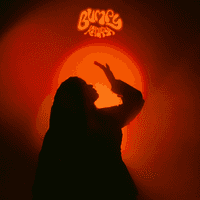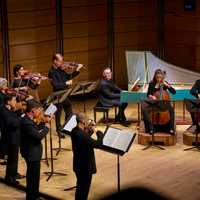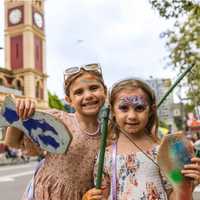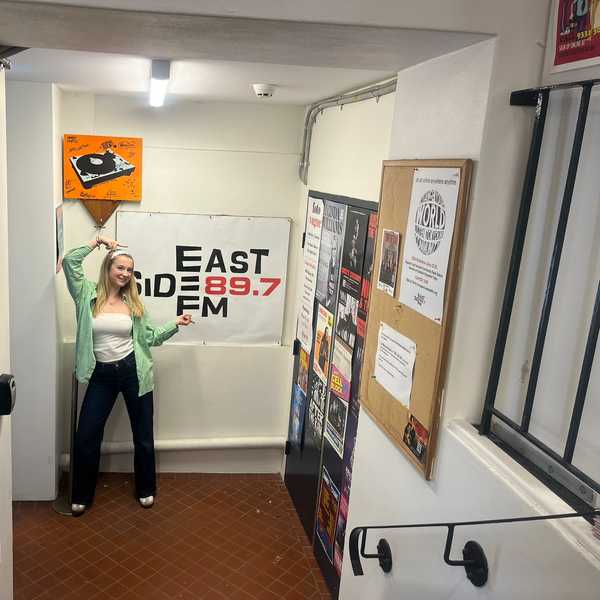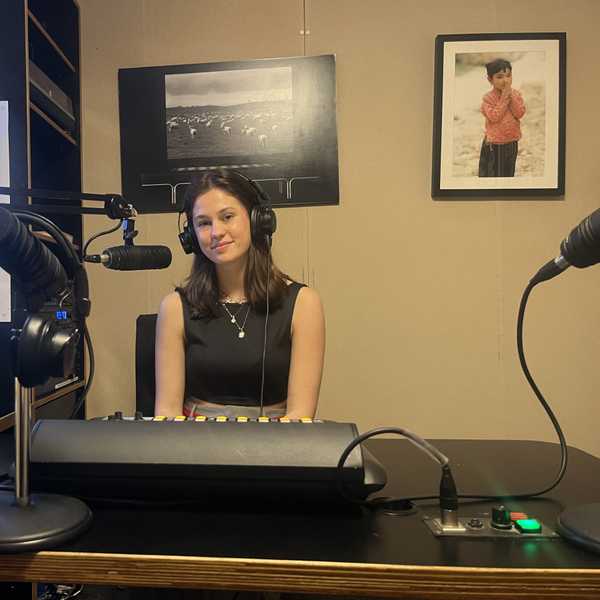Approx. 9 minute read
The month of March is behind us and being the eventful month that is was, there is much upon which to reflect. On the 8th, we celebrated International Women’s Day (IWD). The theme for this year’s celebrations and acknowledgement was #ChooseToChallenge. This expresses the fact that we are all responsible for our own thoughts and actions in making a more inclusive world. Another significant event that occurred was the March4Justice protests around the country shedding light the dark and persistent gender violence problems in Australia, in particular sexual assault and domestic abuse against women. All of this occurred within the backdrop of the revelations of sexual assault of women at Parliament House – the place where the scrutinised legislative work of Australia’s representatives and Government occurs.
There is still a long way for us all to go for equality and equity to be a reality.
My personal challenge (in the corner of the earth that I occupy) to honour of IWD 2021, was to celebrate the achievements of the Australian women in jazz, improvised and world music. I have come to know and admire these musicians through having special opportunities to work with them on creative projects, finding them through serendipitous and fortuitous encounters and mutual connections, or by simply listening to their music and contacting them to express my enthusiasm for their work.
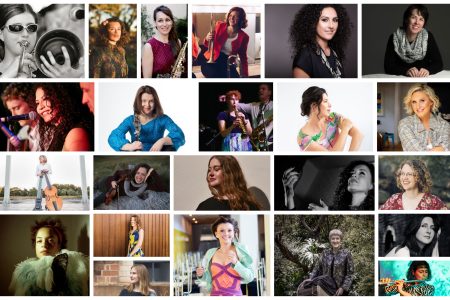
The inspiration for my interview series, Shout Sister Shout, celebrating these musicians, is the story of Sister Rosetta Tharpe. She is the progenitor of Rock ’n Roll. As a child virtuoso, she was encouraged to play guitar and sing by her gospel-preaching, singing and mandolin-playing mother, Katie Bell Nubin. On their travels spreading the good word and damn good music, “Little Rosetta Nubin” or “Rosie” as she was known in her childhood, delivered life and energy to congregations with every vibrating string of her guitar. She was so popular that as the crowds gathered her mother is said to have placed Rosie on the piano to serve as a platform for all to see her wonder.
Sister Rosetta Tharpe developed a flamboyant stage presence jolting and jiving her body in captivating poetic motion as if some sort of fierce musing spirit had taken hold of her. Artists such as Elvis Presley, Little Richard, Jerry Lee Lewis, Chuck Berry and “The Man in Black”, Johnny Cash, took inspiration from the bold stage craft and musical style of this exceptional woman. Sister Rosetta was admired and cited as an influence by these glorified and unforgettable men, but her story was lost to the history books- being African American, queer and a woman had a lot to do with this.
Shout Sister Shout is 42,000 words, written in the significant month of March 2021, to capture the stories of the gifted women who occupy some of the stages of Australian music. It has been a space for these artists to share their perspectives and experience in their own words and has been revelatory to me, in many ways, to learn of the numerous projects this profound group of women weave into our cultural fabric. There is so much more they contribute than meets the eye!
I feel honoured that the 23 women that I interviewed felt comfortable enough to share some of the particular challenges they have experienced specifically due to their gender. A number of artists recount hostile or out right sexist and degrading experiences at the hands of some people in the music industry. It is, sadly, unsurprising and certainly disappointing to hear of their experiences and how recently some of this occurred. However, the women that I interviewed were incredibly hopeful and acknowledged that there has been a shift in attitudes and that aspects of gender disparity had improved in their time working as a musician whether they are a relative new-comers to the music industry or an established and deeply experienced artist.
There is an undeniable challenge in lack of visibility, representation and opportunity for women at all points of the music industry. Despite there being a 3-decade long gap between Jenny Eriksson’s and Hilary Geddes’ time as a student at one of our preeminent music education institutions, they identified gender disparity in quality of experience and representation in their cohorts.
We need more women in influential positions; we want more women to be decision makers in C-suite positions, artistic leadership roles, as festival programmers, performers, label representatives and anything else. We want to see women leaders championed in the music industry- with their perspective, they can help identify and create more opportunities for future women in music.
“…I believe we need more focus on championing our really positive role models! It is so important to have strong and inspiring women in influential positions and really nurturing them in that environment, so that we don’t end up accepting the typecast roles that society in the past (and to some extent the present) set out for us. Improvised jazz is an area that has traditionally had a really strong masculine presence, but it’s so good to see inspiring artists such as Keyna Wilkins, Zela Margossian, Ellen Kirkwood and Zoe Hauptmann blazing trails in the jazz scene and inspiring generations. Also, in the wider music scene it’s really good to see women working their way into the executive positions. I just loved how much Linly Goh achieved in her time as CEO at City Recital Hall.” – Susie Bishop
Many important points and questions were raised about motherhood and music- I gotta tell ya, it’s not all about lullabies! As Andrea Keller mentioned in the very first Shout Sister Shout interview, “The biggest challenge that has been clearly and perceptibly connected to the fact that I’m female, is the discrimination I’ve experienced because I’m a mother. I don’t think we’ve actually even started talking about this properly yet.”
Having children alters women’s lives more than men’s. Many of my interviewees shared how they had to reduce their performance work during this period of their lives or find their own means of support while they were mothers of a young child. We should look to our inventive women musicians for the solutions to the challenges faced due to many of the inaccessible workings of the industry when it comes to parenthood. Incredible work is being done by artists such as Maria Mitar in her Women’s Music Festival at Banks Town Arts Centre. It is a family festival that provides an environment where communities can come together and where children have a safe space to occupy while their musician parents are at work. The solutions exist, women have developed mechanisms to balance their motherhood and music careers. Now, we need to talk about it, listen to them and support them in industry policy and practice.
A strong theme that emerged as Shout Sister Shout progressed, is the musical connection between mother and daughter. The joyful stories of how daughters inherited musical talent and knowledge from their mothers is certainly heart-warming. Kristin Berardi, Mara Kiek, and Emily-Rose Šárkova all shared a glimpse into their musical life at home and how their mothers were their first inspiration, teachers and encouragers who set them on their journey of a creative life. Angela Rosero shares how she produced a concert deliberately celebrating life and motherhood which received a glowing response from her audience.
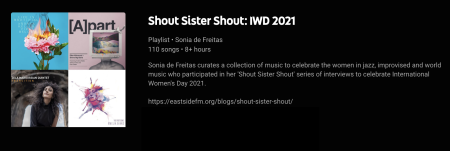
Check out the Shout Sister Shout IWD 2021 YoutubeMusic playlist. Click the image to hear the good vibes.
Often times women are only classified as the enablers of men, their full story omitted from our textbooks. Sister Rosetta Tharpe was credited as such (or not at all!) rather than being honoured in holding the true space that she occupied. She impacted the world of music with something that was so deep in her being it emerged in an authentic expression of a new kind of music. Mary Lou Williams is another women in jazz history that we do not hear enough about. Like Sister Rosetta, she was gifted with a mastery of her instrument, the piano, as a child. She went on to have an impressive career as a performer, bandleader and recording artist. Mary Lou Williams composed and arranged music for Duke Ellington and Benny Goodman, and mentored Charlie Parker, Dizzie Gilespie, Thelonious Monk and Miles Davis. In the classical world, Nadia Boulanger is better known as a teacher of the great composers; Igor Stravinsky, Leonard Bernstein, Phillip Glass and Quincy Jones; than for her own virtuosity as a composer, performer and conductor. It is interesting that the history books fixate on mens’ role as the pioneers in the foreground and womens’ as the helpers in the background.
People of all genders can and should occupy any role that is authentically theirs to explore and own. My 23 interviewees all emphasised the importance of finding collaborators or an “affinity cluster” (a glorious term I learnt at a workshop with the legendary Sandy Evans) that you trust and with whom you share a vision- there was no limitation placed on gender. Gai Bryant captures this sentiment succinctly by saying, “Female or male we all need to be working with musicians who support our projects.”
My hope is these women are not lost or written out of the history books in the same way that Sister Rosetta Tharpe was. They form part of the cultural vibrancy of Australia’s jazz, improvised and world music scene and occupy an important place in our community history as performers, composers, bandleaders, poets, virtuosi, arrangers, producers, front women, visionaries, leaders, followers, enablers and pioneers. These are our 42,000 words to capture a part of the story and there are so many more stories to tell!
“Parity of representation is needed – and that’s not only a social issue, that’s also an issue that speaks directly to how one would define the cultural product being produced in a country. The more people who are dissuaded from cultural practice and dialogue (based on gender, geographical location, background, cultural and linguistic background, the more incomplete your national identity and cultural canon becomes. How can we say to the world, this is “Australian” music when so many voices are still excluded from the bigger picture?” – Maryanne Piper
Thank you to my interviewees: Andrea Keller, Ellen Kirkwood, Zela Margossian, Amelia Evans, Mara Kiek, Jenna Cave, Keyna Wilkins, Hilary Geddes, Kristin Berardi, Gai Bryant, Jenny Eriksson, Emma Pask, Susie Bishop, Loretta Palmeiro, Emily-Rose Šárkova, Angela Rosero, Maryanne Piper, Miriam Lieberman, Maria Mitar, Athésia, Briana Cowlishaw, Alex Silver and Dai Moret.
Thanks to Eastside Radio and Tony Smythe for supporting the Shout Sister Shout series and allowing me the editorial freedom and space to share the stories and perspective of the women in jazz, improvised and world music for whom I have much admiration.
Watch this space for my next series Shout Eastside Shout where I highlight the stories of the wonder women in community media.
Reach out to me on sonia.defreitas@eastsidefm.org if you would like to share your thoughts on the Shout Sister Shout series.
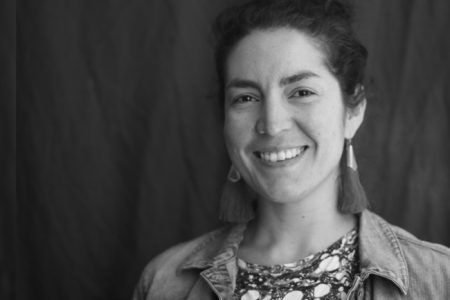
Share "Shout Sister Shout: Epilogue (IWD 2021)"
Copy

